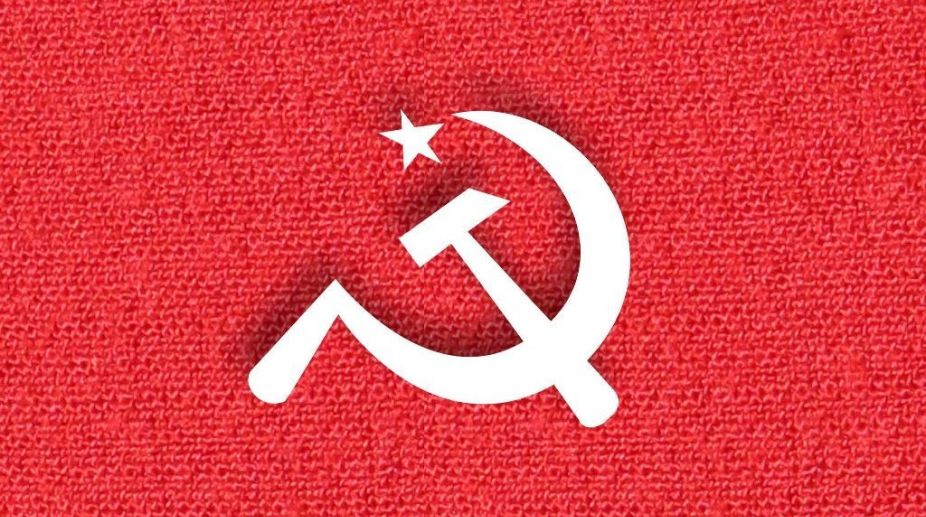There is every danger of the Indian judiciary’s independence being compromised by the pressure tactics adopted by the executive, the Communist Party of India-Marxist (CPI-M) has said.
Referring to the revolt by four senior-most judges of the Supreme Court against Chief Justice Dipak Misra, an editorial in the CPI-M journal “People’s Democracy” said: “There is no doubt that this is the most serious crisis faced by the highest court of the land.
Advertisement
“It comes at a time when the entire judicial system is facing various strains and pressures. A major threat is the way the executive is seeking to interfere in the higher judiciary.
“For the past one and half years, the Modi government has been trying to acquire powers to vet and veto appointments to the Supreme Court by demanding inclusion of certain clauses in the memorandum of procedure.
“One of them is the vetting for national security after the collegium sends the name of those to be appointed as judges,” the editorial said.
Justices J. Chelameswar, Ranjan Gogoi, Madan B. Lokur and Kurian Joseph, who along with Chief Justice Misra constitute the five-member collegium, have complained the way in which the Chief Justice dealt with administrative matters relating to allocation of cases and the constitution of the benches.
“Given the serious issues involved, it will not be proper to brush them under the carpet and declare peace and normalcy has been restored in the Supreme Court,” the editorial said.
“It is to be hoped that the collegium as a whole and the full court of judges can discuss and resolve the outstanding issues on the basis of the principle of democratic functioning and transparency,” it added.
The CPI-M said there was a need for basic reforms in the judicial system, one of which was on the question of appointments and supervision of the higher judiciary.
The National Judicial Appointments Commission (NJAC) adopted by Parliament was struck down by the Supreme Court as unconstitutional. The collegium system for appointment of judges was unsatisfactory and needs to be changed, it said.
“The CPI-M has been advocating along with democratic lawyers’ organisations that a more broad based National Judicial Commission be constituted which will deal not only with appointments but also complaints about conduct of judges.”











